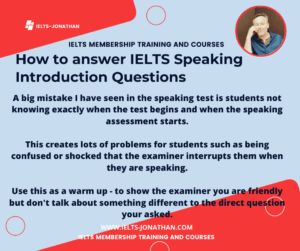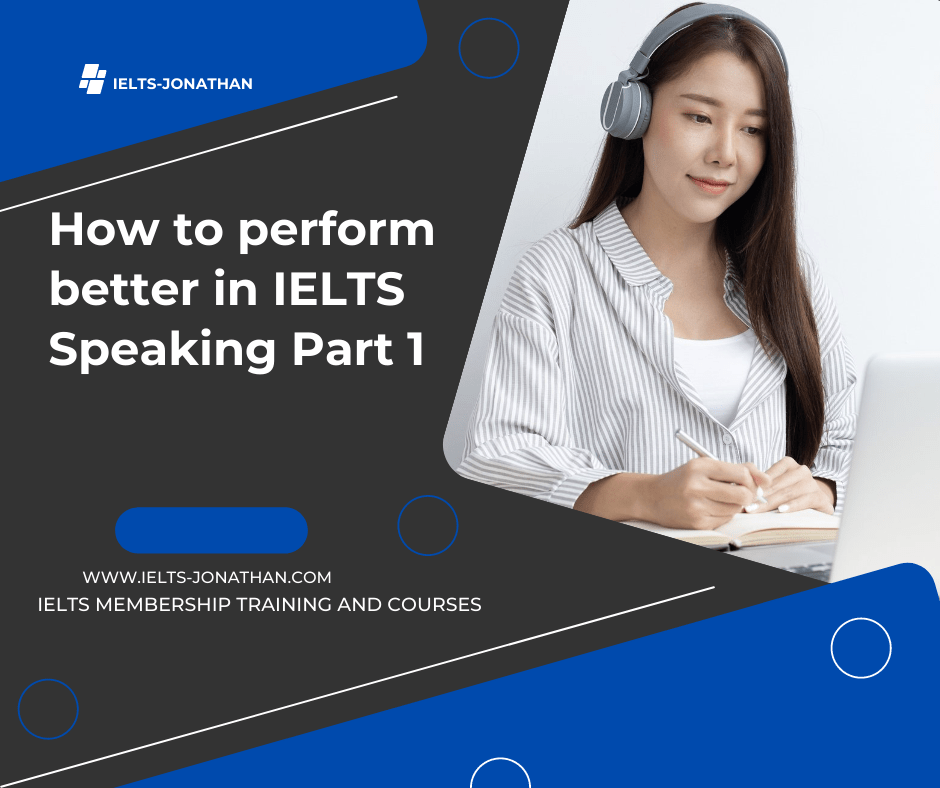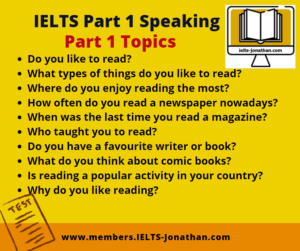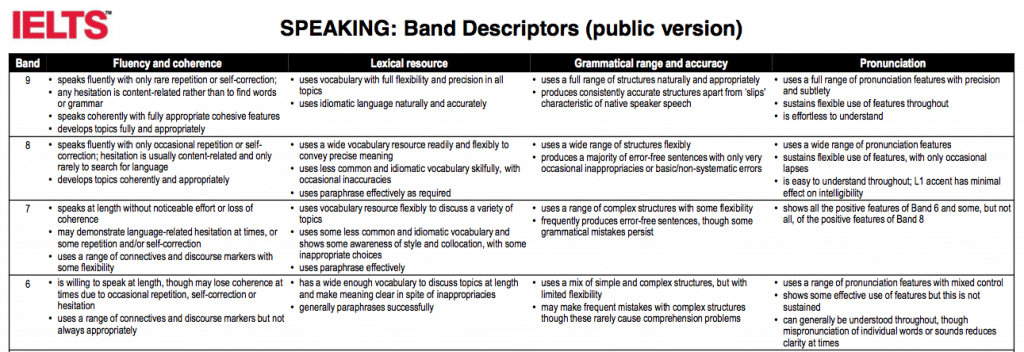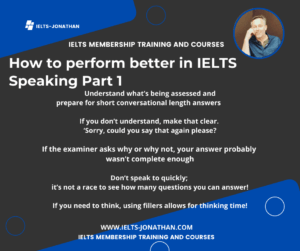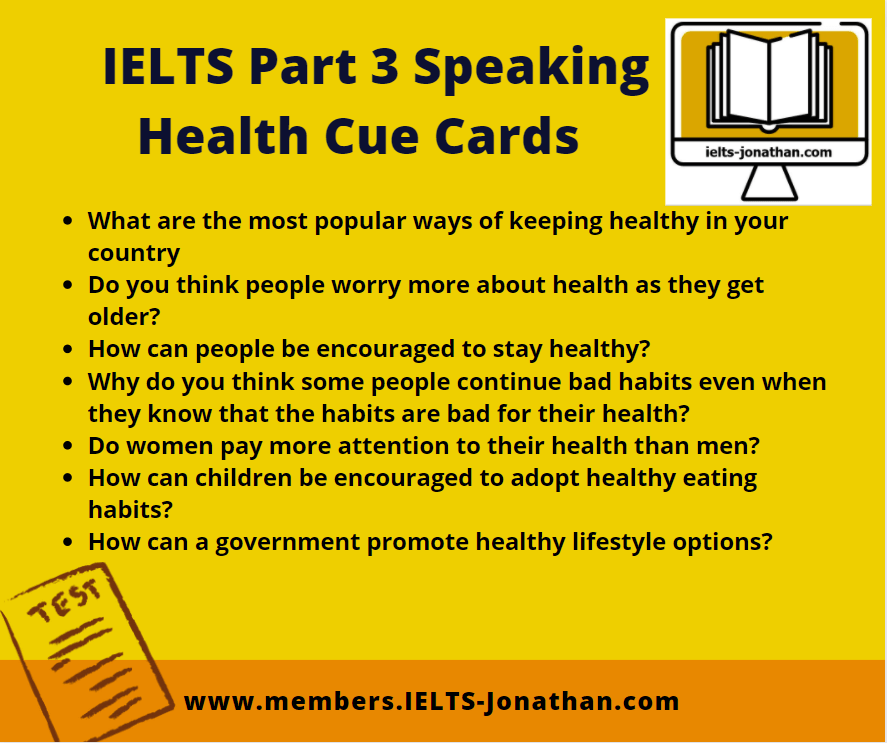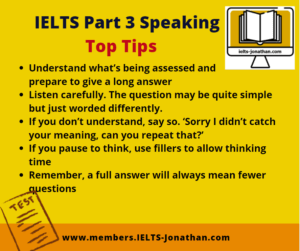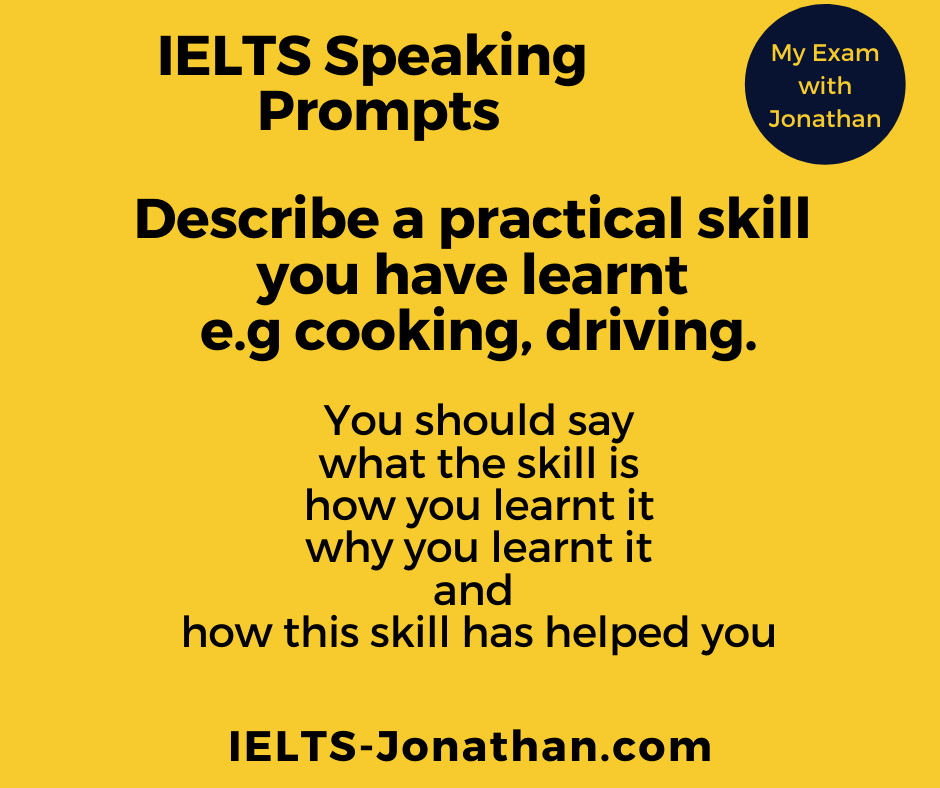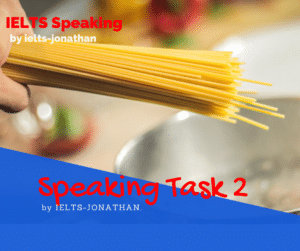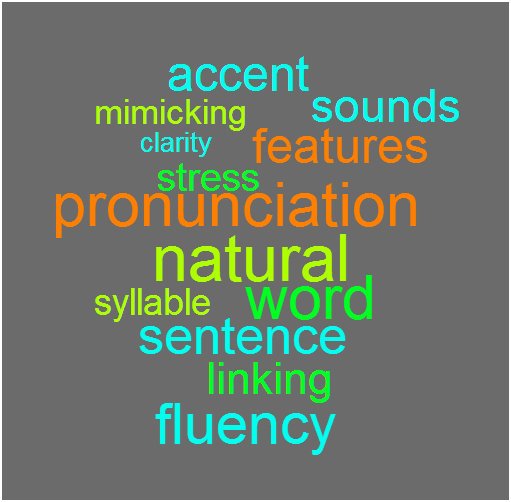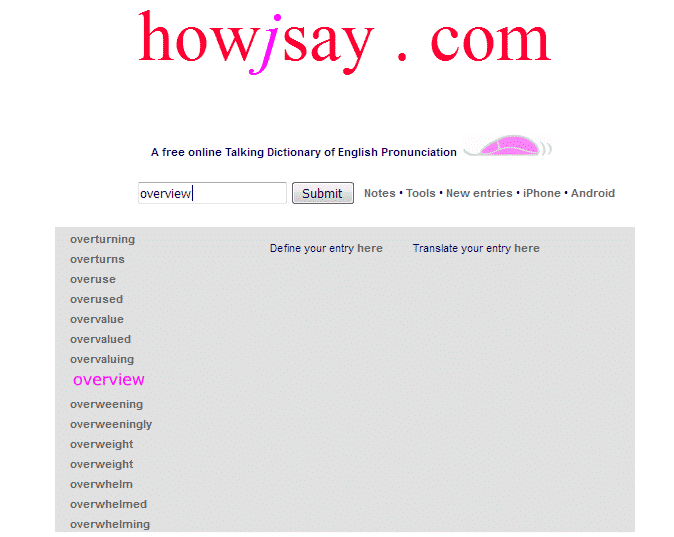What are Introduction Questions in the Speaking Test?
The introductory questions that the examiner uses to check who you are, your nationality and your ID.
These are the questions that must be asked by the examiner because there is a script to follow.
The questions don’t form part of the IELTS test, and shouldn’t be assessed but mistakes here can make the test a bit more difficult for the you the candidate.
Mistakes students make in the IELTS Speaking Test
A big mistake I have seen in the speaking test is students not knowing exactly when the test begins and when the speaking assessment starts.
This creates lots of problems for students such as being confused or shocked that the examiner interrupts them when they are speaking.
The examiner only has a limited amount of time to read the introduction script and then start the test.
The biggest issue though is the first impression students give to the examiner, namely a poor impression.
At this stage, you should only confirm the information asked
You can use this as a warm up – to show the examiner you are friendly and they are hopefully the same. but don’t ramble, and don’t talk about something different to the direct question your asked.
What you should say in the introduction stage
Give short, but concise answers only.
If you a native speaker, don’t give the bare minimum, but extend your answer a little bit more than you would naturally.
If you not a native speaker, don’t try to hard and don’t overextend your response.
Save this for the Part 1 and Part 3 of the test.
How to practice
Look at these Introduction questions that happen at the start of the Speaking Test.
Could you give good answers to these questions?
Which ones are part of the introduction to the test and which could come from Part 1 of the IELTS test?
What is you (full) name?
Could you tell me your full name please?
What shall I call you?
How can I address you?
Does your name have any special meaning?
Is your name important to you?
Do Korean/Chinese (your nationality) people like changing their name? Why?
Have you ever changed your name? Why or why not?
Why do so many people change their name?
Do you work or study?
What are the right or wrong ways to answer?
Well, if truth be told there is no right or wrong way to answer. It depends on you, your level and your confidence.
If you can only answer Yes or No, then the examiners impression of you speaking will start of low.
If you ramble and go off topic, you will also create a bad impression.
Remember, that this part of the test is not assessed, but a bad impression will mean you have to work much harder in the assessed sections of the IELTS test.
Try those questions again and follow these examples.
They are full answers, but in my opinion, they are not too long.
Could you tell me your full name, please?
Yes, My full name is Yi Ming Chau
How can I address you?
erm, You can call me Maggie, that’s my English name.
Do you work or study?
Well, at the moment I am studying here in Cambridge, but I also have a part-time job.
Where do you come from?
I come from Chendung, which is district Xining, the capital of Qinghai Province, Northwest China.
Finally,
Once the exam begins, it is your task to develop and extend your answers to the examiner’s questions.
This will reflect you language fluency, range, ability and accuracy and give the examiner the opportunity to access your language skills fully – which will result in a higher Band Score.
You can use tips and information on this website to help make it easier to obtain a higher score, but remember you still need to work at learning the language to be successful.
Share to someone you know and in the meantime take a look at my Facebook Page and Website for IELTS answers and you can also join my Facebook Group here too.
Good Luck
Jonathan
I’m Jonathan I’ve taught IELTS and University English in more than a dozen universities and schools around the world. I’m a parent, traveller and passionate about language teaching and helping students achieve their dreams. Whilst living in Austria or working in Asia, I run IELTS courses to help students get to where they want to be. If you are serious about IELTS, connect with me to see how I can help you.

